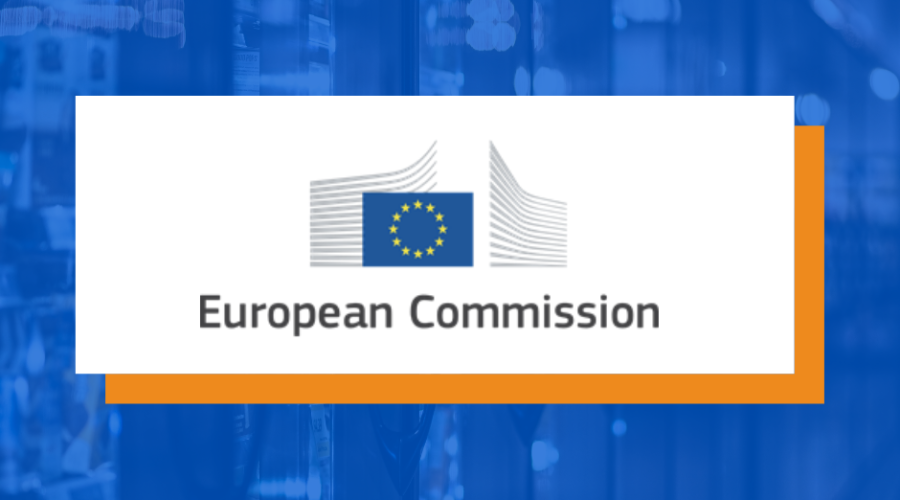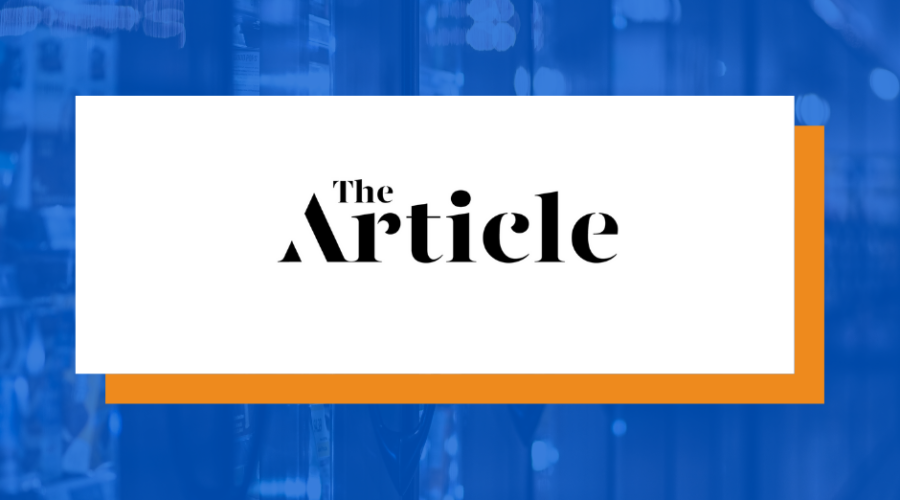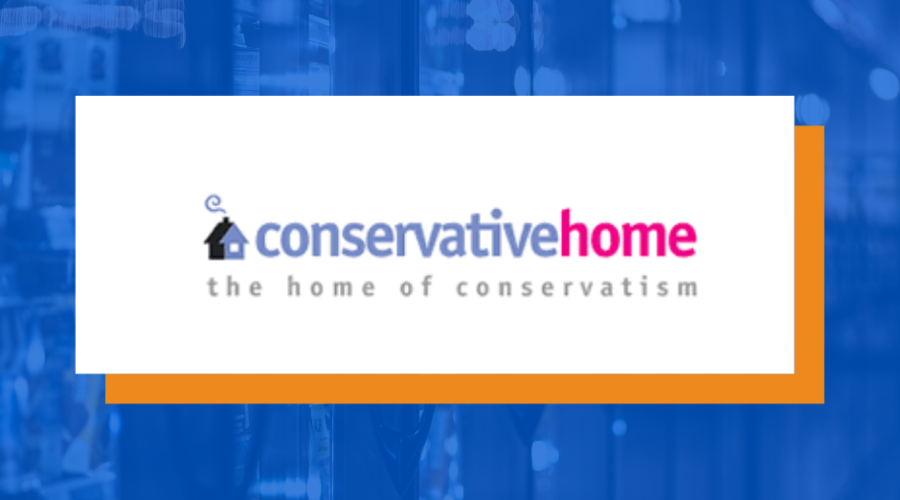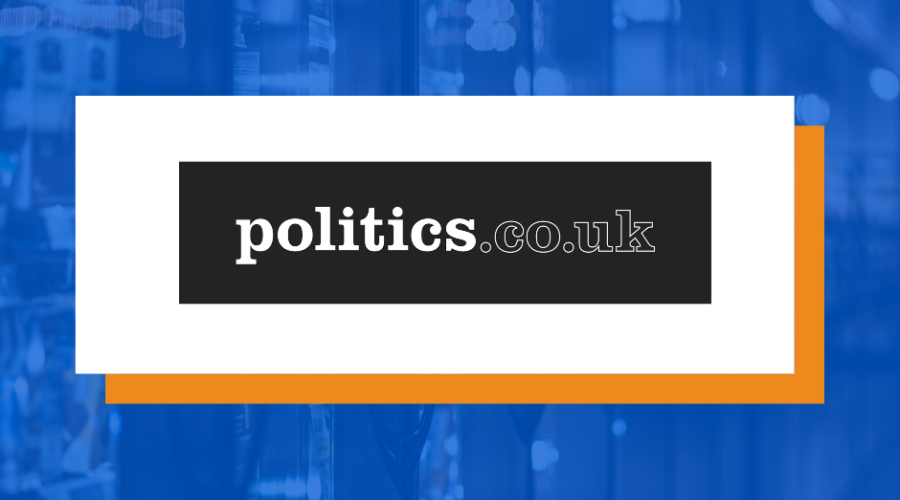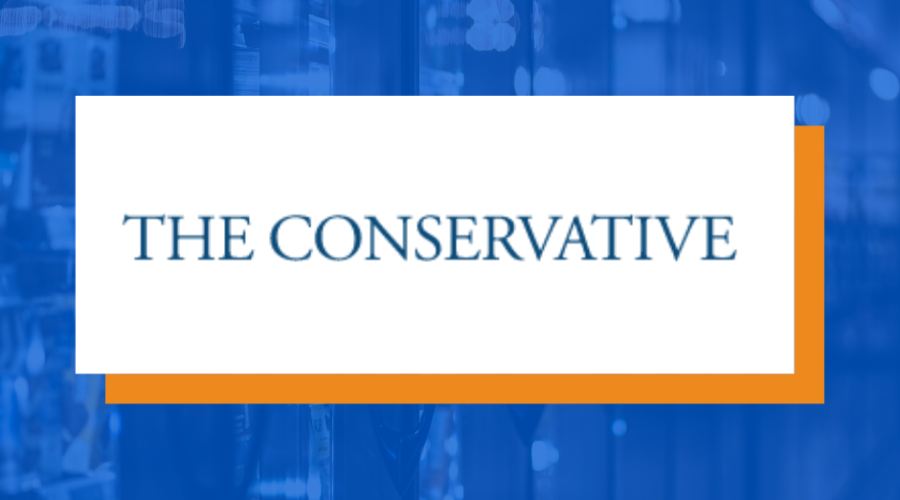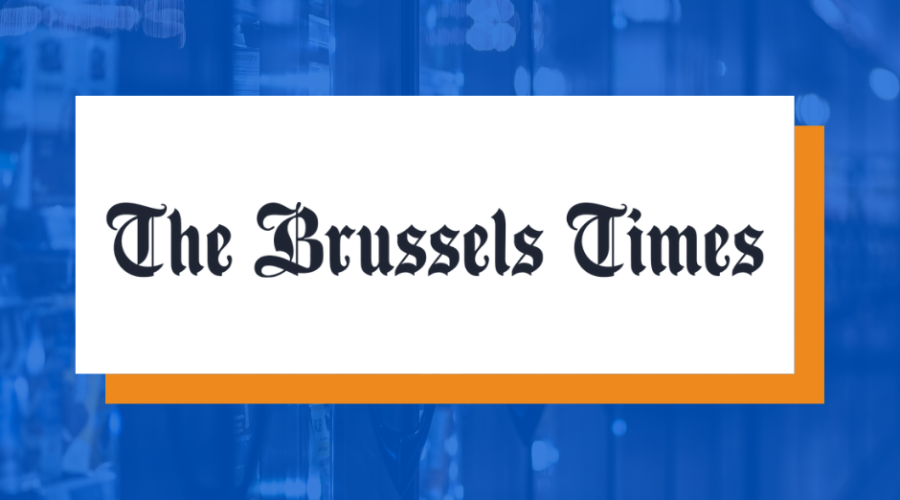Auszeichnung Leipziger Hauptbahnhof zum Besten in Europa gekürt
Leipzig –Der Leipziger Hauptbahnhof ist der beste Bahnhof Europas 2021. Zu diesem Ergebnis kommt das „Consumer Choice Center“, das die 50 größten Bahnhöfe Europas unter die Lupe nahm. Leipzig biete Fahrgästen den besten Service. „Er bietet die größte Anzahl an inländischen Zielen und eine Vielzahl an Geschäften und Restaurants. Außerdem nutzen ihn mehrere verschiedene Bahngesellschaften, was ihm insgesamt den ersten Platz einbrachte“, urteilt die Studie.
Die Rangliste setzte sich aus Faktoren, die von der Lage und der Anbindung über das Erlebnis im Bahnhof bis hin zu nationalen und internationalen Verbindungen reichen, zusammen, heißt es. Platz zwei belegte der Wiener Hauptbahnhof vor St. Pancras in London, Amsterdam Centraal und Moskau Kazansky.
Originally published here.


